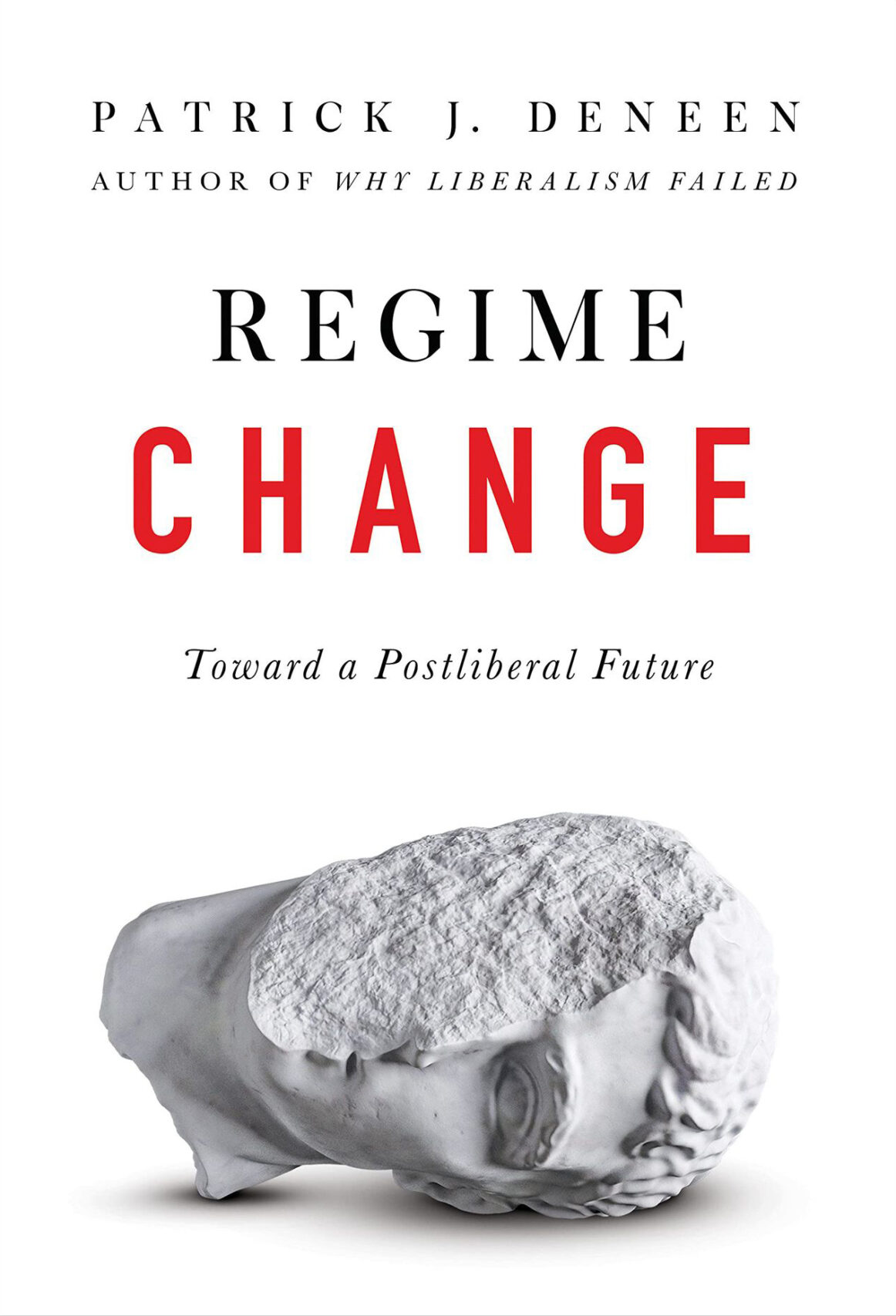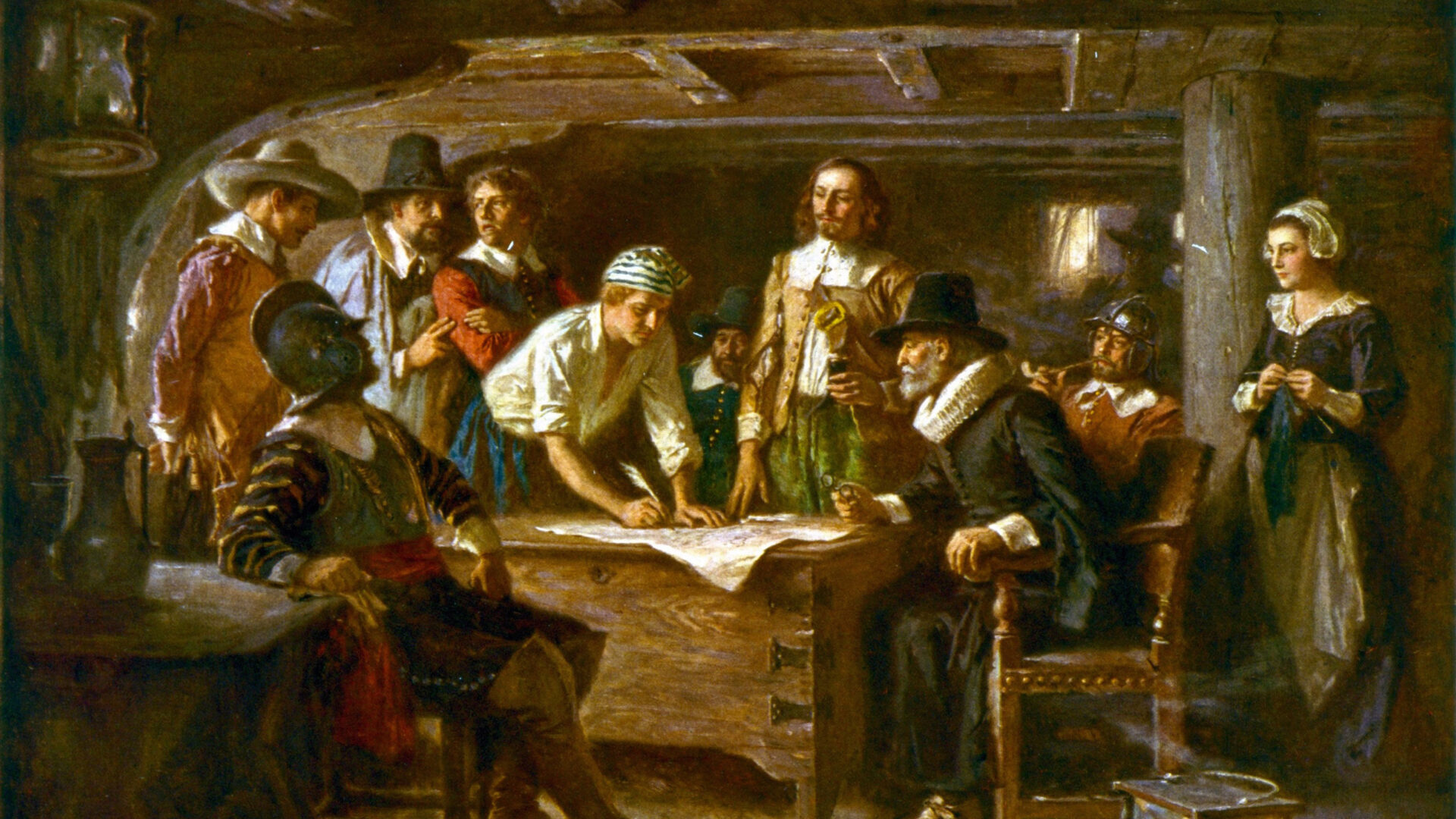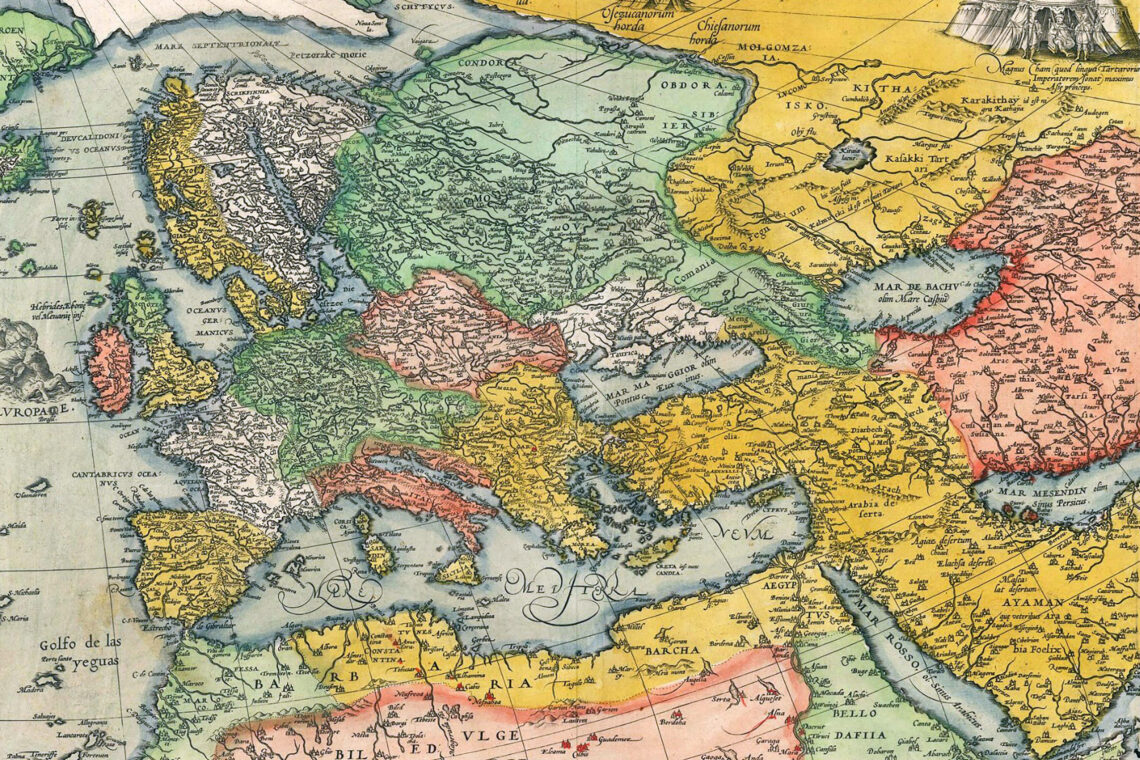Having long been an admirer of the American Revolution as a landmark event in human history, one that awakened the nations of the earth to the priceless promise of freedom, I have now grown increasingly pessimistic that a republic with divided sovereignties, one that theoretically safeguards individual rights, is not enough to create a nation in the anthropological sense of the word. As the United States approaches its 250th birthday, the only thing America has to show for its daring political experiment is a colossal economy that has distorted the social order and engendered pathologies that are nearly impossible to remedy without a new revolution in our thinking and practices. (As I am writing this, the New York Times is reporting that doctors are looking for a medical solution to the epidemic of loneliness.) Until very recently, especially after prophetic voices like Christopher Lasch’s have been eclipsed by the cold jargon of run-of-the-mill social scientists, I thought the possibility of change has been foreclosed forever.
Fortunately, my hope for a better America has been rekindled by Patrick Deneen’s argument that a new beginning is possible if we realize that it is liberalism, with all its various tendencies, that has failed to produce a society in which the social classes share the same commitments and obligations to maintain the kind of healthy polity envisioned by ancient thinkers such as Plato, Aristotle, Polybius, and Thomas Aquinas, among many others. Instead, the modern liberal regime has culminated (for now, anyway) in “Woke Capitalism,” a rapacious economic system that tries to cover its tracks with vaporous promises of equity and social justice while inexorably pushing our world and human civilization toward catastrophic ends.

To avoid this apocalyptic outcome, Deneen tells us in his new book, Regime Change, our only recourse is to reinstate or, better still, reimagine the pre-liberal idea of a “mixed constitution” that unites citizens across all sorts of divides, thereby enhancing social relations, reducing police or legal intrusions into people’s lives, and even forestalling the worst kinds of tyranny. A mixed constitution is conservative by nature (not in the narrow ideological sense used today) because it allows for and honors traditions and legacies that have bonded a community across the ages. As the English writer G. K. Chesterton put it succinctly, “tradition is only democracy extended through time.” Tradition, in other words, ensures true liberty because it subjects people to the ideals of “self-rule, self-discipline, and self-government” in order to avoid enslavement to one’s own whims and desires. Modern liberalism, by contrast, is premised on the wholesale repudiation of this order and the liberation of individuals to pursue their interests as they see fit.
A government based on a mixed constitution not only exceeds the system of “checks and balances,” but is actually undermined by the assumptions of the American Revolution since the latter, being a product of the modern liberal imagination, had no plan for instilling a genuine esprit de corps, a nation of citizens based on the kind of mutual obligations once preached by seventeenth-century Puritan ministers such as John Winthrop. As a result, the United States developed a different kind of elite, one without attachment to place or tradition (except when old towns provide background charm). Unlike the landed aristocrats and even the bourgeois of old, this new ruling class has no commitment to nation and is contemptuous of members of the working class, the unwashed masses who are deemed backward and dangerous in more ways than one. By a stunning ideological sleight of hand, the superrich and powerful have turned poor white people into vile racists and oppressors of lifestyle freedoms. And when the victims of the global economic system, those who are attached to their homes, towns, and cities rise in protest, they are promptly dismissed by the “laptop class” as populists engaging in the politics of resentment.
At its core, liberalism, in its conservative or progressive guise, is premised on what we nowadays call polarization because it pits the privileged few against the unenlightened many (the “basket of deplorables” in Hillary Clinton’s memorable expression). On this matter, both the “conservative” John Locke and the more “progressive” John Stuart Mill share the same outlook on the necessity of liberating and protecting daring nonconformists from the clutches of their retrograde peers. In his book, On Liberty, Mill was clear that “the despotism of Custom” (which is espoused by the majority) is a clear threat to liberty and progress. John Dewey, one of the American heirs to this philosophy in the American tradition, was wary of the many because they are a “conservative damper. . . likely to oppose the transformative ambitions of progress and moral transformation.” This wholesale dismissal of the “common sense” of the people has led to a broken polity that doesn’t bind its various social classes around the common good and reduces the working class to mere servants of a regime that is inimical to their wellbeing. After all, the tyrannical majority doesn’t have the knowledge or expertise to manage the institutions on which governments and the world order depend. That’s why what we need is an “epistocracy,” as Jason Brennan emphasized in his book Against Democracy, a cadre of experts to run our affairs and spare us the waste, sound, and fury of fruitless politics.
What these liberals don’t realize is that a bifurcated polity (to echo Abraham Lincoln’s “House Divided” speech) is detrimental to all members of society and is unlikely to survive in the long term. Without the cultural and traditional bonds that unite the aristocracy to the governed, a nation cannot long endure, let alone prosper. Therefore, a post-liberal order, in Deneen’s view, must join aristocratic leadership and “muscular populism” into a new political arrangement that he terms “aristopopulism.” Although it sounds more like a cultural or literary avant-garde movement, aristopopulism is nothing less that the reinventing of America through a mixed constitution.
It may take “the force of a threat from the popolo” to bring the “laptop class” to the table of negotiations, so to speak, but only the union of such forces can enhance and protect American freedoms through radical reforms at all levels, ranging from, as George Will once recommended, more than doubling the number of representatives in Congress to return to “retail” politics, breaking up Washington, DC, increasing public funding for schools, mandating domestic manufacturing in certain critical sectors, and requiring military service for all Americans to prevent Washington politicians from sacrificing American lives in pursuit of their narrow, selfish and unpatriotic interests. Given the current class system, it is not surprising (although still quite shocking) to learn that today’s U.S. infantry “is composed increasingly of people from parts of the country that are never encountered by those living in “Super Zips.” Without going back to the tradition of the citizen-soldier, the celebrated military historian Andrew Bacevich tells us, “the army becomes Washington’s army,” not the people’s.
If the liberal political system values the “organization of separations,” as the French political philosopher Pierre Manent aptly put it, pre-liberal forms of government, including the biblical tradition, sought the unity of parts in one integrated body. John Winthrop’s idea of a new community in America rested on this very Christian idea. This belief is at odds with the modern notion of “integration” premised on allowing certain minorities access into a privileged sphere because American elites, unable to comprehend what is at stake for their long-term interest, are deliberately confusing the public with diversity initiatives that have the paradoxical effect of portraying “wealthy, well-educated blacks . . . as oppressed as those in the black working class, while those in the declining white working class [enjoy] ‘privilege.’” Such a maneuver obfuscates the reality of a huge dispossessed class united by its suffering and sharing different but equally painful kinds of exclusions.
Seeing how the New York Times and Wall Street Journal responded to Deneen’s Regime Change last month (June 2023), it sounds as if the ruling elites of this nation are in no hurry to turn into aristoi who would harness their power to support and elevate “the common good that undergirds human flourishing.” We are left with the bleak prospect of more populist rebellions against an indifferent liberal order with outcomes no one can predict.
But then again, a liberalism that has failed to live up to people’s aspirations may be a passing experiment in human history. Maybe what America needs is time—a long time—for its people to settle into trusting relationships based on the common good and overcome the survival instincts of solitary conquistadors that can only be kept in check through punitive laws. The suggestion that early Pilgrims were inspired by more Christian ideals of solidarity is hard to make because William Bradford, the leader who first used the word Pilgrims to describe the Separatists who left England for the Promised Land in America (through Holland), lamented the fact that his fellow Pilgrims were more concerned about the price of land and cattle as well as their need for more land than their commitment to their Church in Plymouth.“And this I fear,” wrote Bradford, “will be the ruin of New England, at least of the churches of God there, and will provoke the Lord’s displeasure against them.” Although not a Separatist himself, John Winthrop, the first governor of Massachusetts Bay, famous for his image of America as a “city upon a hill” delivered on the ship Arbella as it crossed the Atlantic to America in 1630, displayed the same anxiety. He was acutely aware of the real fear of the dissolution of his community because the hearts of men cannot be controlled. He also knew that the profit motive was more powerful than devotion to Christian ideals.
There is something truly admirable about the Christian men and women who risked their lives to establish what has now become the United States, but, as I mentioned in an article on Donald Trump, hustling for opportunity and riches has been described by historian Walter A. McDougall as America’s main trait. If the passion for Christ couldn’t keep the Pilgrims united in their newfound land, it is hard to imagine the custodians of contemporary capitalism abdicating their interests and opting for a culture of human solidarity.
One can only speculate about the future, but I am certain that if we don’t take Deneen’s message that liberalism has failed us and the entire human community grievously and deploy our efforts to rewriting our social contracts, we will fail to bestow a place of promise to future generations (if they survive the cataclysms to come). I sincerely hope (against all odds) that Deneen gets a more responsive audience than Bradford and Winthrop did.





Comments are moderated by the editor and may not appear on this discussion until they have been reviewed and deemed appropriate for posting. All information collected is handled in a manner consistent with our privacy policy.